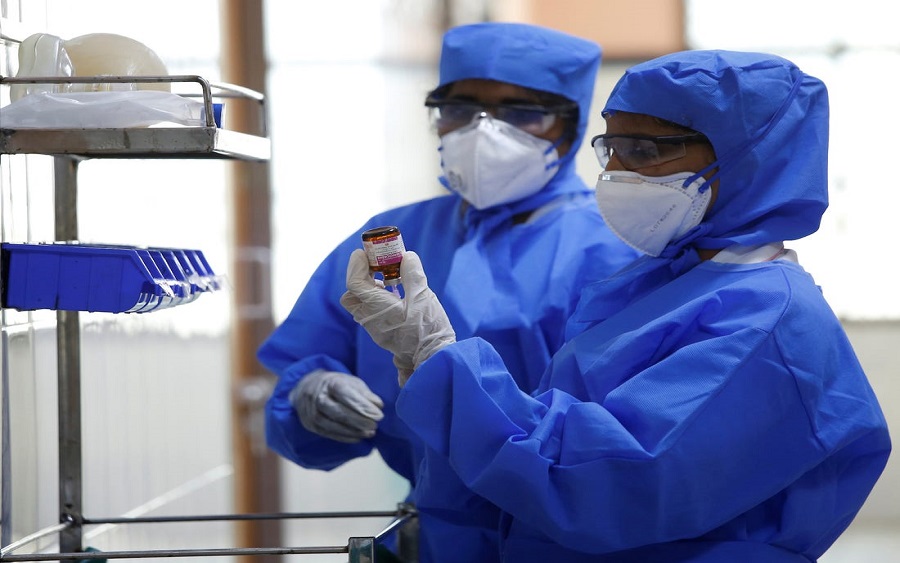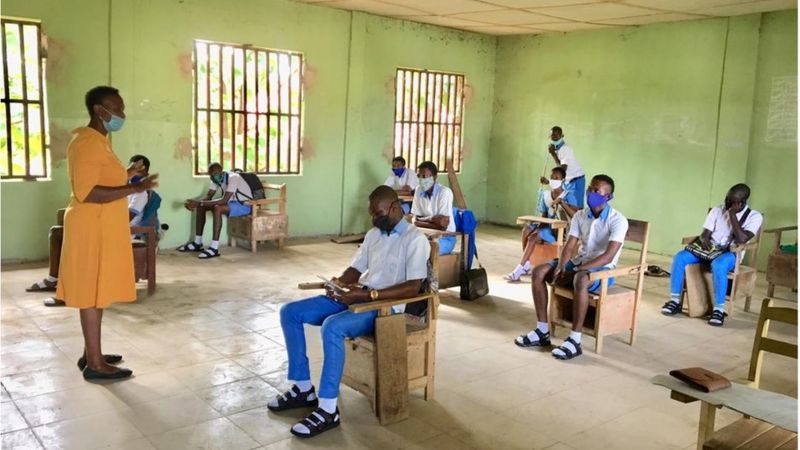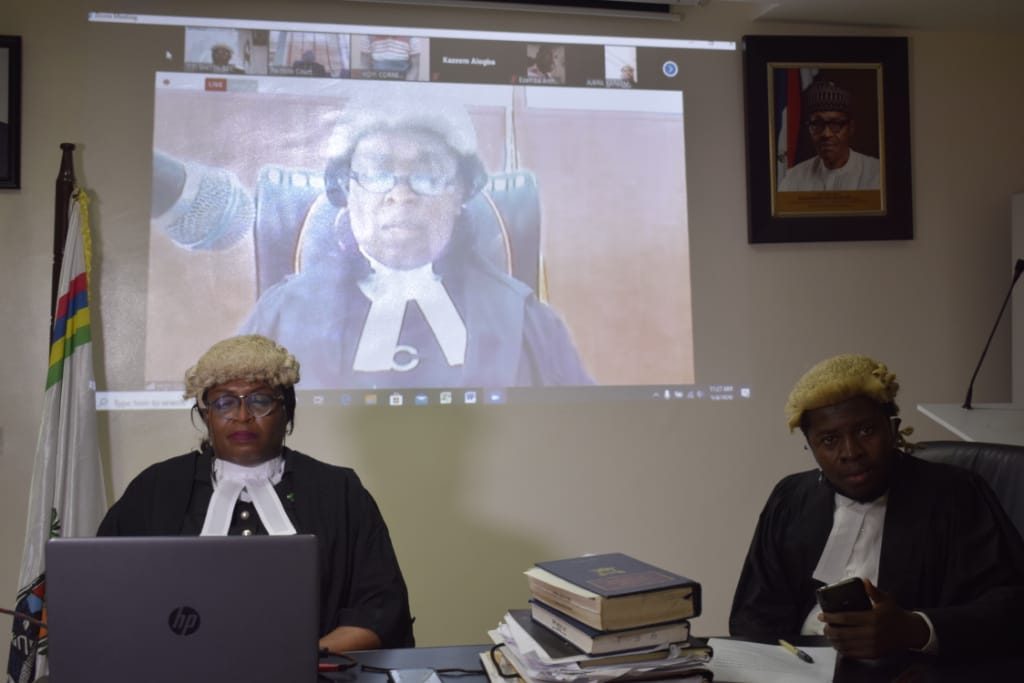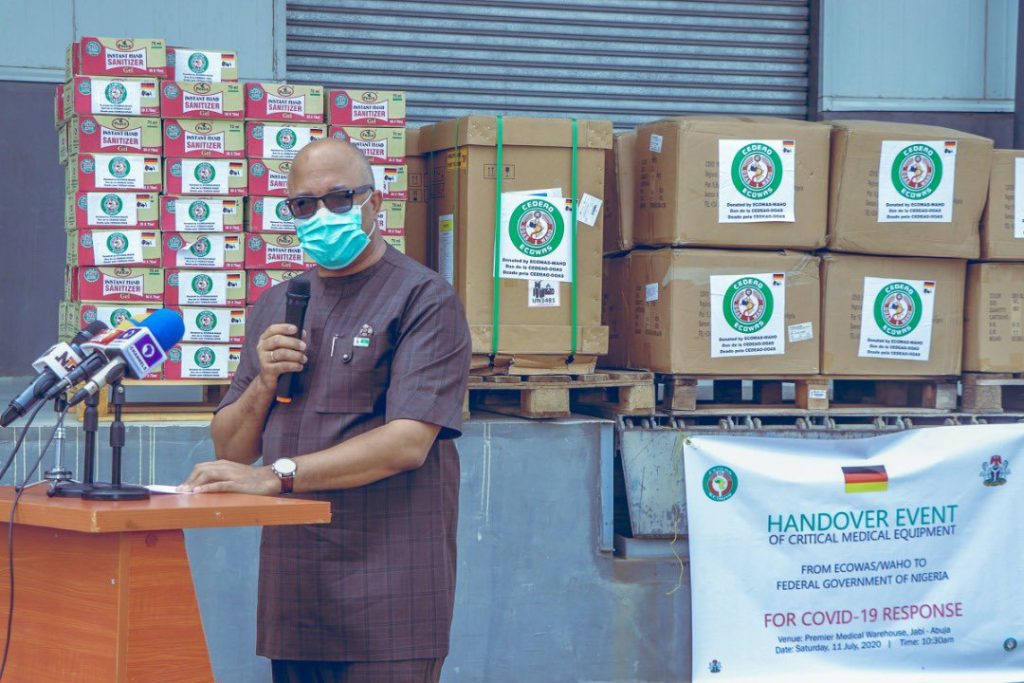The world is still struggling to check the COVID-19 virus as it continues to spread rapidly across the globe. Measures are been put in place, drugs and vaccines are being tested, and the world over, governments and people are mapping out strategies to carry out socio-economic activities effectively.
The Nigerian Situation
14,378 Nigerians were tested for the coronavirus between July 8 and July 13. 3,367 of them were confirmed positive. While that is a substantial figure, it is a reduction from the 24,796 people that were tested between July 2 and July 7 which resulted in 2,769 confirmed cases. This indicates increasing infectiousness.


So far, there are 33,616 confirmed cases of Covid-19 in the country, 13,792 have been discharged while there have been 754 deaths. Nigeria currently has the third-highest COVID-19 cases in Africa and comes in at 48th in the world.
FG Releases New Guideline for Reopening Schools
The educational sector has been one of the worst-hit sectors as schools remain under lock and key due to the pandemic. However, the Federal Government on Monday released new rules and guidelines for the reopening of schools.


According to the rules developed in collaboration with the Federal Ministry of Environment, Federal Ministry of Health and health safety experts, students and pupils are to remain 2 meters apart to ensure social distancing.
The rules also recommended the upgrade of Water, Sanitation and Hygiene (WASH) infrastructure to support the high standard of hygiene that must be practised in schools. While the government didn’t propose a date for reopening schools, one could only hope these measures would hasten it.
Supreme Court Upholds Virtual Court Proceedings
To help check the spread of Covid-19 in the country, lawyers and judges have resorted to virtual courts to adjudicate on matters and carry out their legal duties. But this hasn’t gone down well with several individuals and bodies.


Debating the legality of online courts, section 36, subsections 3 and 4 of the constitution, which guarantees public hearing of court cases have been cited. The argument, therefore, is that virtual court cases are not heard in public. To this end, the acting Attorney General of Lagos, Moyosore Onigbanjo asked the Supreme Court to rule once and for all on the legality of virtual processes.
The Supreme Court of Nigeria has, however, ruled that the conduct of online court proceeding is constitutional and as such, all verdicts passed through virtual proceedings be upheld. The court also assured that the House of Assembly is currently working to amend that section of the constitution.
Nigerian develops contact tracing app
Coronavirus spreads because people who are infected move about and get in contact with other people. To this end, Yakubu Olakunle, a Microsoft solutions expert developed a mobile app, StaySafeNG that can be used to monitor the movement of confirmed COVID-19 patients and alert those who they have come into contact with.
However, because the government does not enforce the download and use of any contact tracing app, Nigerians who would likely not download the app. With only about 10% to 20% of Nigerians using smartphones, this innovation might also not get the attention it requires.
Other factors such as availability of space on the mobile phone, concerns about data and privacy issues, as well as security of the data compiled from each user will reduce the reach and impact of the Stay Safe Ng app, as well as other contact tracing apps.
Ecowas donates medical supplies to Nigeria
The Economic Community of West African States (ECOWAS) has donated medical supplies to Nigeria to help in the country’s COVID-19 response. This is part of the Ecowas mission to reach countries in the region through the West African Health Organisation (WAHO) and boost the collective effort.


Items delivered included 12,800 goggles, 294,000 small, medium and large gloves, 23,220 small, medium and large gowns, 8,190 coverall and 1,600 face shields. Other items also delivered were 12, 000 masks, 10,000 surgical masks, 5,000 sanitizers, 40,512 diagnostic test kits and two each of ventilators and ventilator trolleys.
With Nigerian frontline workers short of PPE’s and other medical equipment, one can only hope this comes as a relief. We also hope these items are put into proper and effective use.
Nigerian scientists develop indigenous rapid testing kits
Nigerian scientists have developed RNA Swift testing kits for the COVID-19. “The indigenous testing kits accurately detect the SARS-Cov-2, and cost less to acquire,” says Ogbonnaya Onu, Minister of Science and Technology. The kit is accurate, sensitive and competes favourably with conventional and commercially available kits for the diagnosis of COVID-19.
Over the next couple of months, the target is to test 5 million farmers with the kits, and 10 million kits will be manufactured in the first batch. This will significantly expand the nation’s testing capacity
The kit is very accurate and sensitive and competes favourably with conventional and commercially available kits for the diagnosis of COVID-19
In conclusion, as the nation continues on the path to the recovery of the economy and other institutions, new policies are being put into place. The federal government has announced that it will place a ban on some countries because of the high number of COVID-19 cases recorded there. Countries such as the United States and some parts of Europe are likely to be on the ban list.






